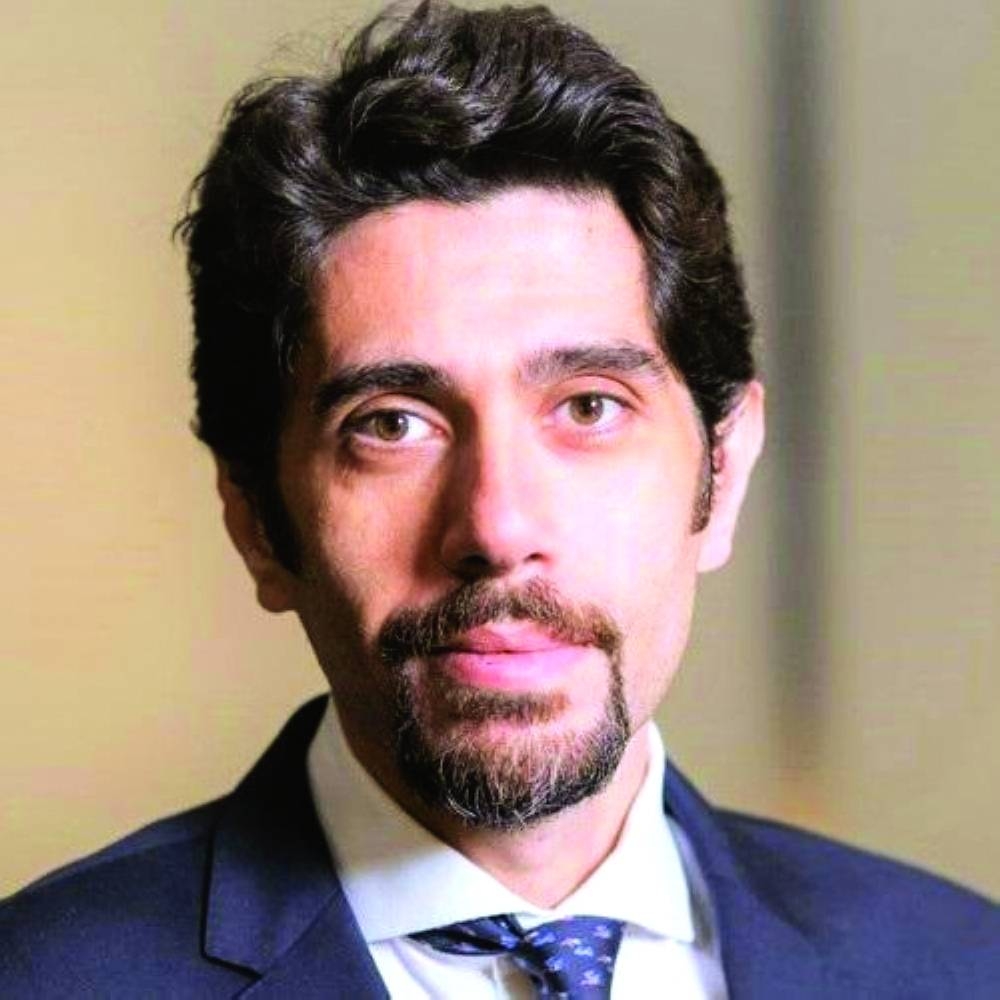The Middle East mergers and acquisitions (M&A) have returned to pre-pandemic levels with Green deals particularly showing a robust upward trajectory, according to the Boston Consulting Group (BCG).
The Middle East saw 283 deals in the first three quarters of 2022 – an increase of 16% from the same period last year - with a total value of $23.8bn, said its 19th annual analysis titled ‘The 2022 M&A Report'.
The report also forecasts that environmental considerations will motivate an increasing number of deals, despite unfavourable macroeconomic conditions, with ‘green’ M&A deals increasing from 5% in 2020 to 10.3% in 2021 suggesting that more dealmakers are recognising the value-creating potential of these transactions.
“Green deals are very hot in the region. Soaring sustainability transactions in the Middle East are a clear outcome of established national transformation programmes seeking out diverse economic outputs for countries on their path to net zero,” said Ihab Khalil, managing director, and senior partner, BCG.
“As the region continues grounding itself as a hub where collaboration and diversification can bear fruit, so will green mergers and acquisitions," he added.
BCG’s analysis revealed a clear upward trend in ‘green’-related deals over the past decade, with the strongest acceleration occurring in 2021 when Middle East deal volumes nearly doubled to 10.3% following two softer years for broader M&A activity and green transactions.
Green M&A has been growing particularly quickly in industries that are at the forefront of the energy transition and in emerging markets, with the Middle East showing the highest level of green activity globally, according to BCG.
Over the past ten years, the energy and utilities industry had the highest share of green M&A and the largest increase, showing a 98% increase in deals from 2020-21, contributing to 10% of M&A deals in the Middle East in 2021.
Asia-Pacific (especially China) was the second-most active region, with a green deal share of about 8% in 2021.
BCG’s analysis disclosed that despite the substantial premium they often command, green deals globally generally create more value than non-green deals upon announcement and over the ensuing two years.
By analysing cumulative abnormal return (CAR) for three-day periods before and after a deal announcement, it found the median CAR of environmental-related transactions (1%) is significantly marginally higher than that of non-green deals. The report also determined that the median two-year relative total shareholder return (rTSR) of non-green deals (-0.55%) exceeds that of green deals (-2.38%).
“Though the Middle East is seeking out net-zero solutions to power its economy, it is not letting go of the stream of energy and power,” said Ronald Maalouf, managing director, and Partner, BCG.
On the contrary, he said, increasing ventures in hydrogen will surely position the region not only as a reliable sustainable centre of energy supply but as a leader in that segment capable of powering an even greater number of mergers and acquisitions across the board.
"With COP28 scheduled in the UAE, we expect more attention to be drawn to the region’s green portfolio to spearhead global sustainable development goals to success," according to him.

Ihab Khalil, managing director, and senior partner, BCG

Ronald Maalouf, managing director, and Partner, BCG
